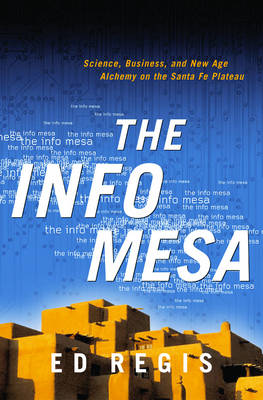Als im Jahre 1940 ein schwedischer Mathematiker die Verschlusselung fur die deutsche strategische Militarkommunikation knackte, war dies eine der groessten Errungenschaften in der Geschichte der Kryptologie. Die fachlich prazise Geschichte dieses Ereignisses kann mit allen Bestandteilen eines klassischen Thrillers aufwarten: Eine verzweifelte Kriegssituation, ein launischer, heimlich tuender und gleichzeitig genialer Mathematiker mit einer besonderen Begabung fur die Kryptologie, und eine atembe...
The intertwining forces of computers and espionage are reshaping the entire world: what was once the preserve of a few intelligence agencies now affects us all. BBC security correspondent Gordon Corera's narrative takes us through the Cold War and the birth of the Internet to the present era of hackers and surveillance. The book is rich with historical detail and characters, as well as astonishing revelations about espionage carried out in recent times by the UK, US, and China. Using unique acce...
The book tells the unique story of WEIZAC, an early computer built by a "new nation" in the early 1950s. It was created in Israel, even though the feasibility of this project was actually close to null when it was initially conceived, in 1946, and, unlike most of the early computer projects, was privately financed mainly by the Jewish world community. The book draws on a wealth of documents and historical insights to reveal the processes and powers that led to the successful completion of the pr...
Computing: A Concise History (MIT Press Essential Knowledge)
by Paul E. Ceruzzi
This book provides a history of the efforts of the US National Science Foundation to broaden participation in computing. The book briefly discusses the early history of the NSF's involvement with education and workforce issues. It then turns to two programs outside the computing directorate (the ADVANCE program and the Program on Women and Girls) that set the stage for three programs in the NSF computing directorate on broadening participation: the IT Workforce Program, the Broadening Participat...
Cold War Military Computer Systems of the United States
by Wyatt Hausmann
Handbook of Document Image Processing and Recognition
The Handbook of Document Image Processing and Recognition is a comprehensive resource on the latest methods and techniques in document image processing and recognition. Each chapter provides a clear overview of the topic followed by the state of the art of techniques used - including elements of comparison between them - along with supporting references to archival publications, for those interested in delving deeper into topics addressed. Rather than favor a particular approach, the text enable...
Published to tie in with a BBC2 series starting in September 1991, of which Jon Palfreman is the Executive Producer, this book explores the extraordinary rise of a new technology and the remarkable people behind it. It examines the past, present and future of computers - the machines that have dramatically changed the way in which people live, work, learn, make decisions and spend their leisure time. The first computers were massive and expensive machines that did little more than calculate and...
Turing's fascinating and remarkable theory, which now forms the basis of computer science, explained for the general reader. In 1936, when he was just twenty-four years old, Alan Turing wrote a remarkable paper in which he outlined the theory of computation, laying out the ideas that underlie all modern computers. This groundbreaking and powerful theory now forms the basis of computer science. In Turing's Vision, Chris Bernhardt explains the theory, Turing's most important contribution, for th...
In 1994 a computer program called the Mosaic browser transformed the Internet from an academic tool into a telecommunications revolution. Now a household name, the World Wide Web is part of the modern communications landscape with tens of thousands of servers providing information to millions of users. Few people, however, realize that the Web was born at CERN, the European Laboratory for Particle Physics, in Geneva, and that it was invented by an Englishman, Tim Berners-Lee. This new book, pu...
Creating the Sinclair ZX Spectrum Vega
by Sir Clive Sinclair, Paul Andrews, and Consultant Physician David Levy
Most industrial nations actively support research and development of advanced computer technology. They usually justify public expenditures on the basis of both economic and national security benefits. This heavy government involvement and the international nature of the computer industry have created increasing challenges to accepted principles of international trade and investment.In this detailed analysis of the origins and evolution of government support for computer technology in the United...
Yellow Notedisk Floppy Disk 3.5 Diskette Notebook [lined] [110pages][6x9]
by Inspiring Retro Notebooks and Planners
Smarter Than Their Machines: Oral Histories of the Pioneers of Interactive Computing is based on oral histories archived at the Charles Babbage Institute, University of Minnesota. Included are the oral histories of some key pioneers of the computer industry selected by John that led to interactive computing, such as Richard Bloch, Gene Amdahl, Herbert W. Robinson, Sam Wyly, J.C.R. Licklider, Ivan Sutherland, Larry Roberts, Robert Kahn, Marvin Minsky, Michael Dertouzos, and Joseph Traub, as well...
In recent years, debate on the state's economic role has too often devolved into diatribes against intervention. Peter Evans questions such simplistic views, offering a new vision of why state involvement works in some cases and produces disasters in others. To illustrate, he looks at how state agencies, local entrepreneurs, and transnational corporations shaped the emergence of computer industries in Brazil, India, and Korea during the seventies and eighties. Evans starts with the idea that sta...
How did a small southwest town transform itself into a hotbed of research science, advanced technology and money? Tracking key figures in Santa Fe's emerging industries, Ed Regis explains how entrepreneurial scientists are using complexity theory and powerful, experimental computer programmes to create practical - and profitable - applications. Their efforts to convert vast, diverse data, whether chemical, biological or computational into useful information is leading to drugs and medical therap...

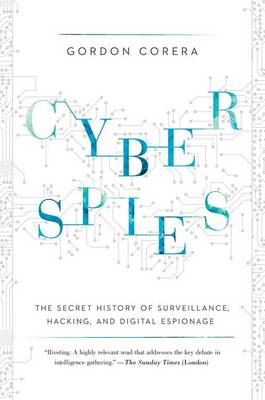
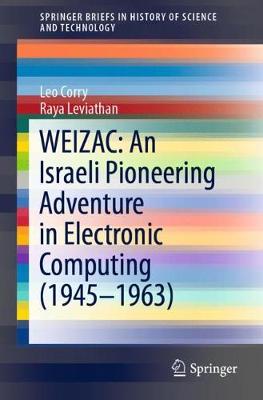
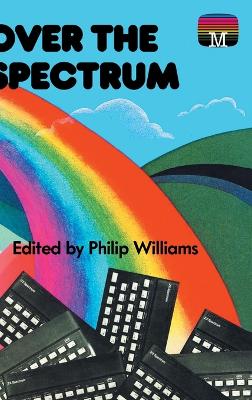
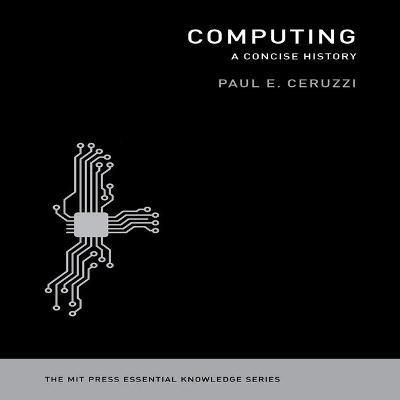
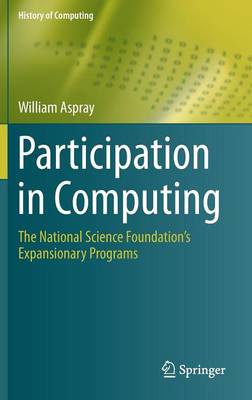
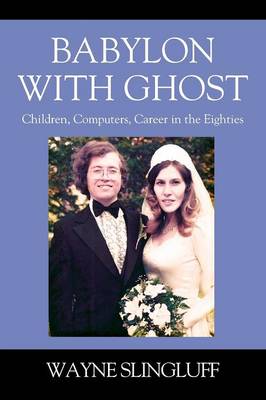
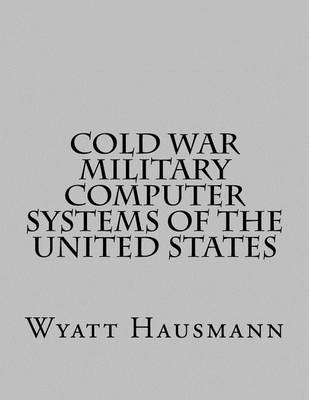
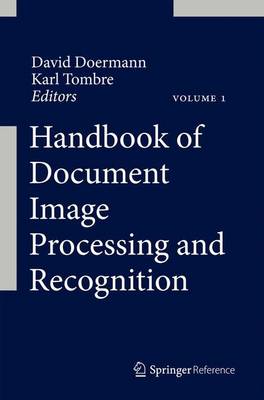
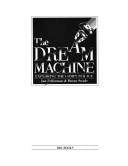
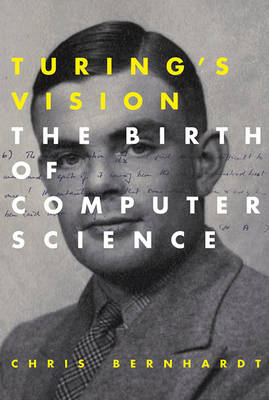
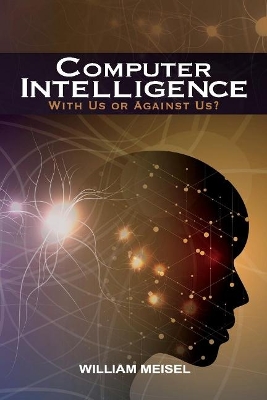

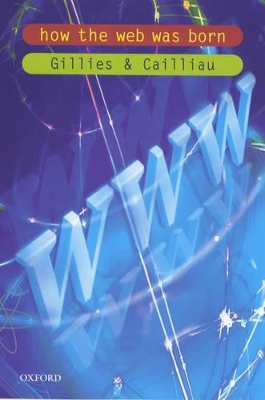


![Cover of Yellow Notedisk Floppy Disk 3.5 Diskette Notebook [lined] [110pages][6x9]](https://images.bookhype.com/covers/da/49/91576cd5-f024-4854-b9eb-fee40b6394ad/9781672659697-0dfb773166d6632b52b2c6.jpg)
